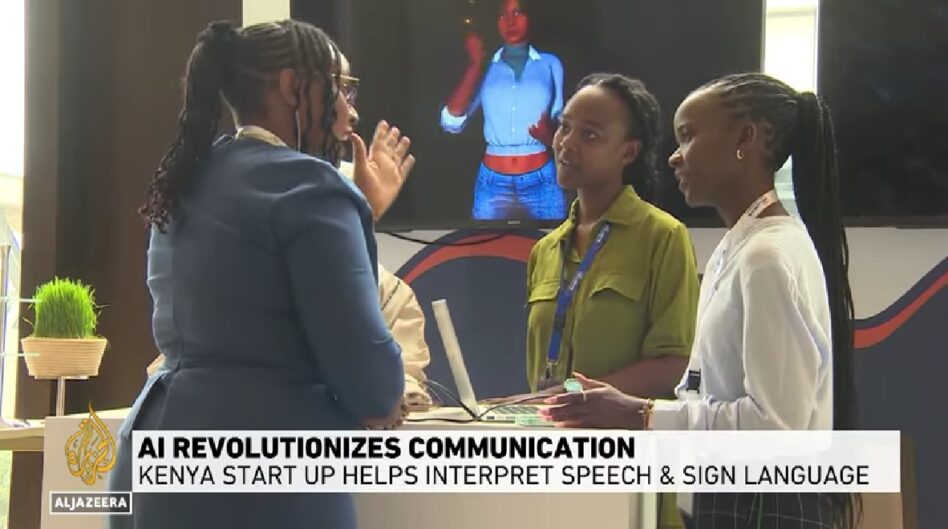By Jamari Mohtar & Tam Mei Si
ONE consequence of the COVID-19 pandemic is that people have to cancel or postpone their weddings. This has led to a severe problem – wedding industry players have been hard hit because they have little-to-no income.
According to the Malaysian Wedding Council Entrepreneurs Association, 150,000 weddings planned during the outbreaks of COVID-19 have been cancelled across the country since April.
However, the decision to cancel the wedding has been supported by the government as grand weddings can spike up COVID-19 infections.
This is due to wedding is usually attended by a lot of invitees, so the physical distancing and constant masking are difficult to maintain. They may also share food or drinks together, which could have a serious impact on the pandemic, especially if the weddings are held indoors.
For this reason, Datuk Dr Zainal Ariffin Omar, a non-communicable disease epidemiologist and public health medicine consultant recommends that hosts either postpone their wedding or carry them out on a small scale with close family members.
As a result, wedding industry players should take the initiatives to adjust their businesses to new norms as well as strengthen their businesses through digitalisation in order to continue to survive in the industry. For example, they can take steps to turn a traditional wedding events into a virtual wedding.
Hosting a virtual wedding could also allow the couples to be able to save money on venues, meals and so on.
Zola, a wedding planning and registry company, launched a virtual wedding feature in July and created more than 1,500 virtual weddings in the first week alone. A survey of 12,000 couples who have booked weddings for October shows that more than 37% are considering a virtual wedding as it has many advantages.
Wedding industry players should also keep adding new features and tweaking their plans to create a virtual wedding concept, each with its own unique identity.
In fact, some wedding companies predict that virtual weddings will continue to be a trend even during post-pandemic – when mass gatherings become possible again, because couples may have grandparents or pregnant friends who cannot attend their wedding in person.
Apart from that, our government should also provide financial assistance to the wedding industry players, who received no assistance in the Budget 2021.
Since they have no income for consecutive months, so they could not apply for bank loans.
Players in the wedding industry should adjust their business sails by venturing into other related industries or businesses. For instance, wedding industry players who have gained international recognition in photography can attempt to venture into home-based photography business to become portrait photographers or fashion photographers.
Besides that, wedding industry players who have an expertise in planning wedding can apply their business concepts to handle small-scale event management activities that could be implemented during the pandemic. They can assist the organisers with their existing expertise and creativity.
Moreover, wedding industry players who specialised in food preparation or catering can deliver food by themselves, or collaborate with Food Panda, Hungry and other food rider platforms to deliver food for customers.
By being flexible and nimble, they don’t have to sell their business assets when they venture into other related industries or businesses mentioned above, because they will still be using these assets.
When the pandemic is contained in the future, they can go back to the wedding industry and continue to run their business as before.
Jamari Mohtar and Tam Mei Si are part of the research team of EMIR Research, an independent think tank focused on strategic policy recommendations based on rigorous research
The views expressed are solely of the author and do not necessarily reflect those of Focus Malaysia.









